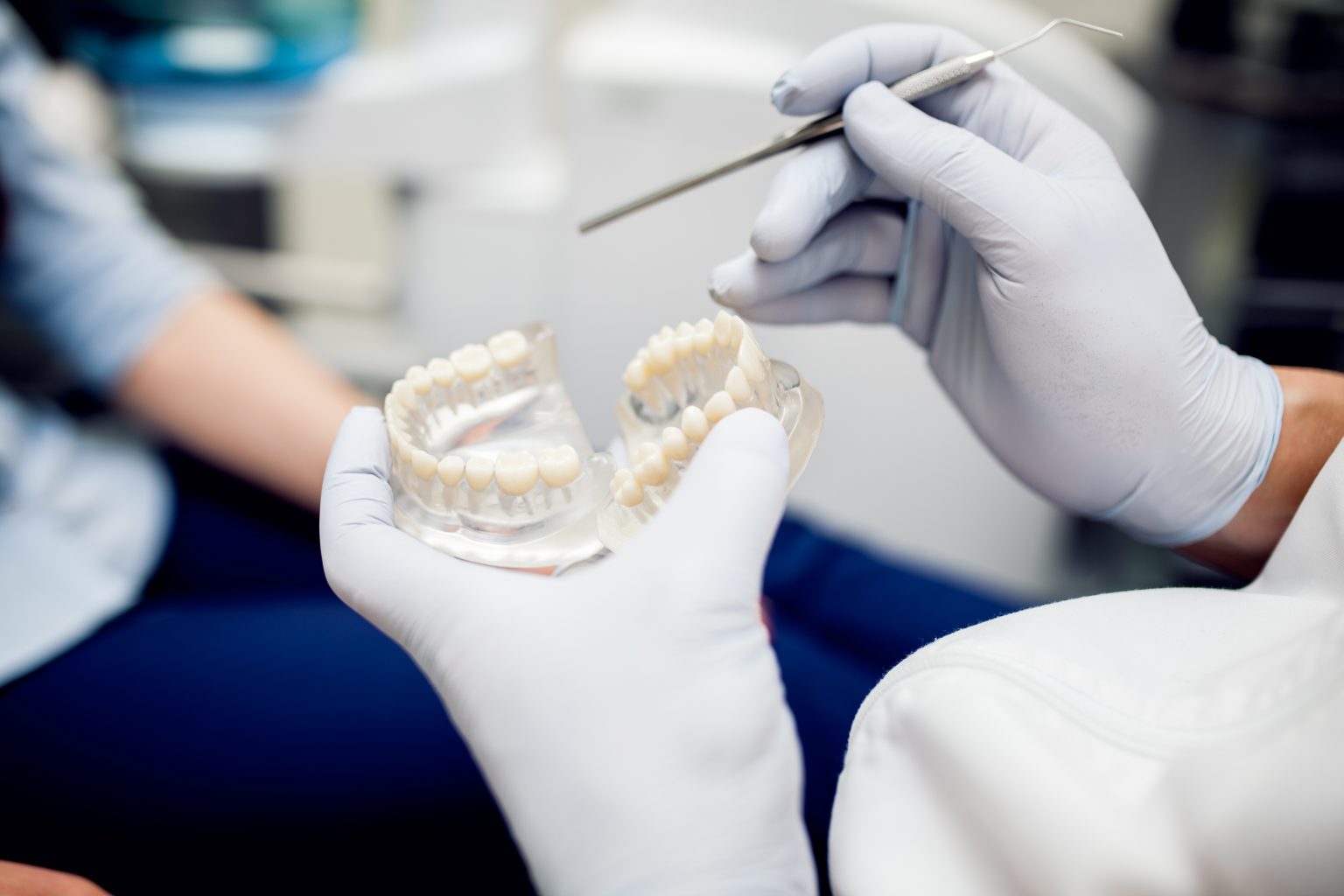Overview
In order to reduce pain and avoid complications, prompt dental treatment is essential. Urgent dental care is provided by both an emergency dentist at a city hospital and an emergency dentist at a dental clinic and implant center. During a dental emergency, being aware of the distinctions will help you make the best decision.
1. What Services Are Provided by an Implant Center and Emergency Dentist Dental Clinic?
In a dental clinic and implant center, an emergency dentist usually offers a variety of urgent dental care services, including:
- Relief from abscesses and toothaches.
- Therapy for teeth that have been knocked out, chipped, or shattered.
- Emergency root canals and extractions.
- Repairs for damaged dentures, bridges, or crowns.
- Prompt treatment for problems with dental implants.
For emergencies involving implants and other restorative procedures, these clinics frequently feature specialist equipment.
2. What Can a City Hospital Emergency Dentist Manage?
Emergency dental services in city hospitals are prepared to treat serious cases, such as:
- Dental injuries brought on by mishaps.
- Severe abscesses or infections that can necessitate hospitalization.
- Oral health issues caused by face trauma or fractured jawbones.
- Access to complete medical care, including radiography and, if necessary, surgery.
Because of this, city hospitals are the best option for complicated cases where dental problems may coexist with other medical disorders.
3. When Is a Dental Clinic Better Than a City Hospital?
- Choose a Dental Clinic and Implant Centre: For common dental emergencies like toothaches, broken teeth, or missing fillings, pick a dental clinic and implant center. These clinics have the tools necessary to promptly and efficiently treat common dental issues.
- Choose a City Hospital: For more serious cases including severe trauma, infections with swelling, or injuries that might necessitate both medical and dental care, pick a city hospital.
4. What is the Average Cost of Emergency Dental Services?
Emergency dental treatment costs are determined by a number of factors, such as:
- Facility type (hospital vs. clinic).
- Necessary treatment, like root canals, extractions, or restorations.
- Location as well as insurance coverage.
While costly operations, particularly at a hospital, may cost more than $1,000, basic services can cost between $100 and $300.
5. What Can I anticipate from an urgent dental appointment?
Typically, the emergency dental appointment entails:
- A preliminary analysis to determine the circumstances.
- Quick pain alleviation with medicine or short-term therapies.
- DIagnostic techniques, such as X-rays, to ascertain the scope of the issue.
- Emergency dental care, including root canal therapy if required, extractions, and temporary restorations
.
- Instructions for after treatment and advice on follow-up care.
6. Do both facilities have emergency dentists on call around-the-clock?
- Dental clinics and implant centers: Not all of them are open 24/7, but several provide emergency slots or after-hours services.
- City hospitals: As part of their emergency department services, city hospitals typically offer emergency dental care around-the-clock. For urgent situations at any time, especially on weekends and holidays, they are frequently better prepared.
In summary
Making the best choice in a dental emergency is aided by knowing the distinction between an emergency dentist at a dental clinic and implant center and one at a city hospital. Being aware of where to get therapy guarantees that you get timely, suitable care, reducing discomfort and averting other issues.

